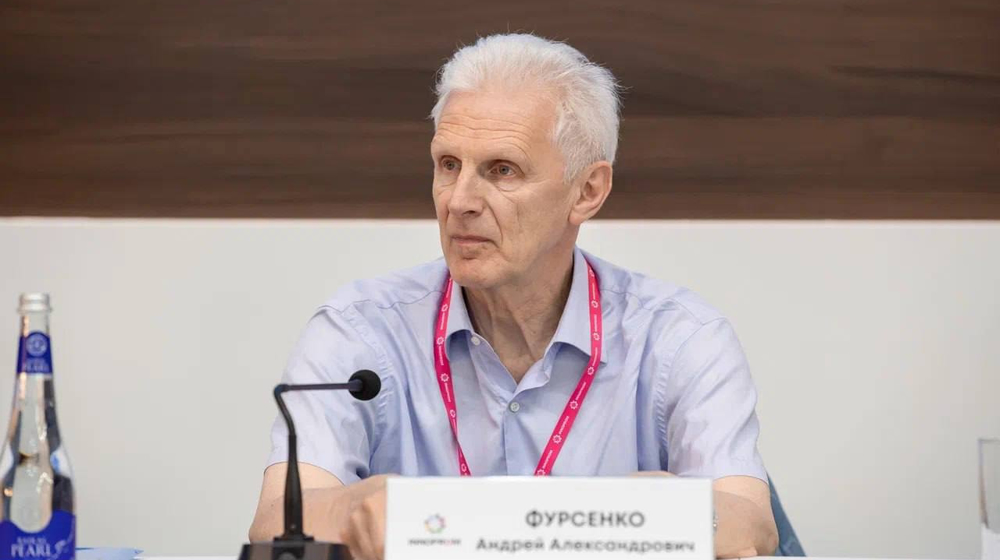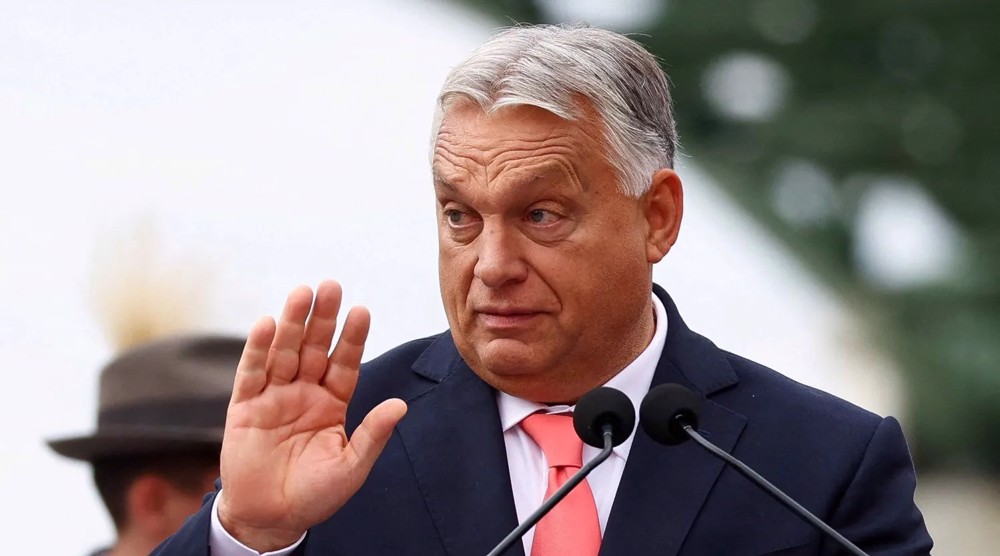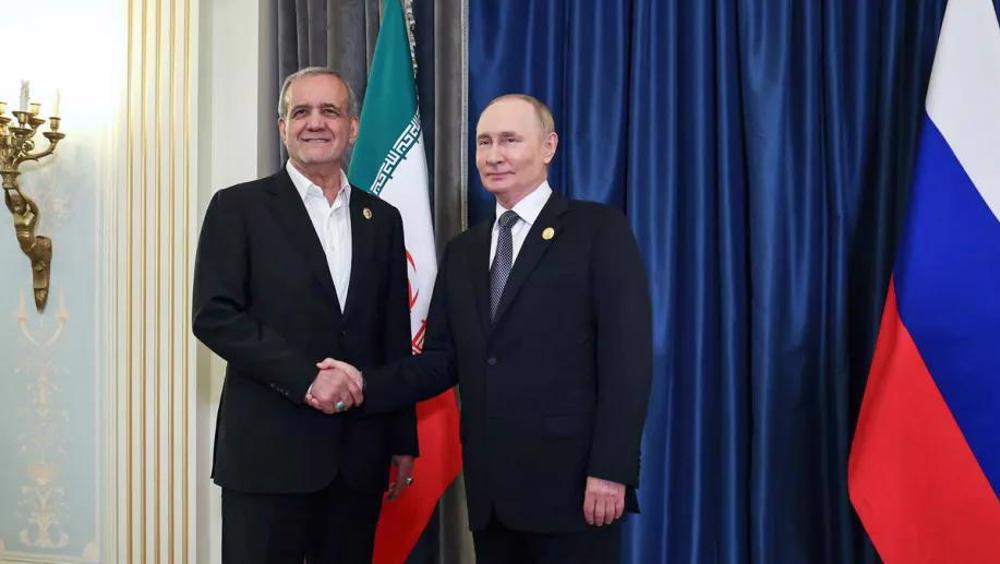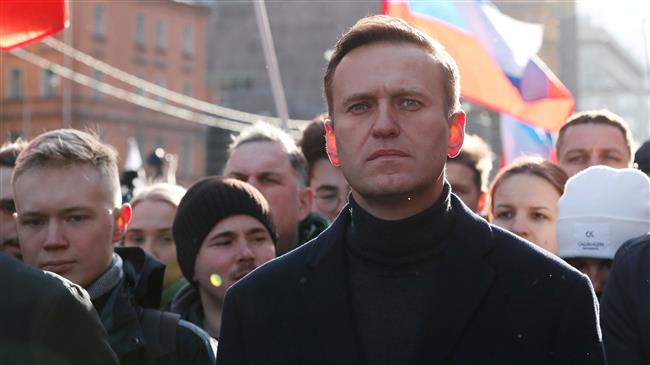Kremlin tells West not to rush to judgement on Russia over Navalny
Russia says the West should not rush to judge it over the alleged poisoning of Kremlin critic Alexei Navalny, adding that there are no grounds to accuse the country of the crime, as talk have intensified in the West of punishing Moscow.
Kremlin spokesman Dmitry Peskov said on Thursday that Moscow rejected any suggestion that Russia had been behind the attack on Navalny and warned other countries against jumping to conclusions without knowing the full facts.
"There are no grounds to accuse the Russian state. And we are not inclined to accept any accusations in this respect," Peskov told reporters.
"Of course we would not want our partners in Germany and other European countries to hurry with their assessments."
The remarks came a day after German Chancellor Angela Merkel said Navalny had been poisoned with a Soviet-style Novichok nerve agent in an attempt to murder him and that she would consult NATO allies about how to respond.
Navalny, 44, is an outspoken opponent of Russian President Vladimir Putin. He was airlifted to Germany last month after collapsing on a domestic Russian flight after drinking a cup of tea that his allies said was poisoned.
Berlin's Charite hospital, which is treating Navalny, has said he remains in serious condition in an intensive care unit connected to an artificial lung ventilator even though some of his symptoms are receding.
Russian prosecutors have said they see no reason to launch a criminal investigation into the Navalny case, because they say they have found no sign a crime was committed against him, though preliminary checks are continuing.
The Kremlin spokesman said Russia was eager to find out what had happened to Navalny, but couldn't do so without receiving information from Germany about the tests that had led to Berlin's conclusions about Novichok.
‘Western special forces likely behind poisoning’
The head of Russia's foreign intelligence agency said that Moscow could not exclude that Western special forces were behind the poisoning of Navalny, RIA news agency reported.
Sergei Naryshkin, head of the agency, added that no traces of poison had been found by Russian doctors after Navalny fell ill in Siberia last month.
Belarus: Poisoning faked
Meanwhile, Belarusian President Alexander Lukashenko claimed his security forces had intercepted German calls showing that Navalny's poisoning had been faked.
Lukashenko told visiting Russian Prime Minister Mikhail Mishustin in Minsk that the call between Berlin and Warsaw showed that the incident was a "falsification."
"There was no poisoning of Navalny," Lukashenko told Mishustin during their televised meeting, adding, "They did it -- I quote -- in order to discourage Putin from sticking his nose into Belarus's affairs."
Lukashenko provided no further details, but said he would hand over transcripts to Russia's security services.
EU says too early for sanctions over Navalny
As German officials briefed the other 26 EU countries in Brussels on the matter, the states began discussing their response to the alleged Novichok poisoning of Navalny, but warned it was too early to impose new sanctions until an investigation identified the culprit.
Russia must carry out a "thorough, transparent" investigation into the poisoning of Navalny, EU foreign affairs spokesman Peter Stano said.
"We want to see those responsible brought to justice, but for that the investigation needs to be launched and needs to bring results," Stano told reporters in Brussels when asked whether sanctions could be imposed.
"We are not there yet so it's difficult to speak about punishment if you don't have the [person] responsible."
Moscow has said it is ready to cooperate with Germany, but it has already insisted there is no reason to blame Russia.
OPCW voices ‘grave concern’
Meanwhile, the head of the world chemical arms watchdog has expressed "grave concern" after Germany’s announcement.
Director General of the Organization for the Prohibition of Chemical Weapons (OPCW) Fernando Arias added that the Hague-based body was ready to help any member country that asked for its assistance.
"Under the Chemical Weapons Convention, any poisoning of an individual through the use of a nerve agent is considered a use of chemical weapons. Such an allegation is a matter of grave concern," Arias claimed in a statement.
"The OPCW continues to monitor the situation and stands ready to engage with and to assist any states parties that may request its assistance," Arias added.
IRGC Navy holds 'Smart Control of Strait of Hormuz' military drills
Explainer: Jam-e Jam 1 – Iran’s giant leap into geostationary orbit and a new broadcasting era
Iran says entered talks with US with 'result-oriented approach'
Iran FM, IAEA chief meet ahead of indirect talks with US
Israeli soldier admits to murder, rape in Gaza during live stream
VIDEO | Pakistan protesters condemn US-Israel threats, mourn mosque victims
VIDEO | Press TV's news headlines
Tehran slams US ‘inhumane’ sanctions against Cuba
















 This makes it easy to access the Press TV website
This makes it easy to access the Press TV website